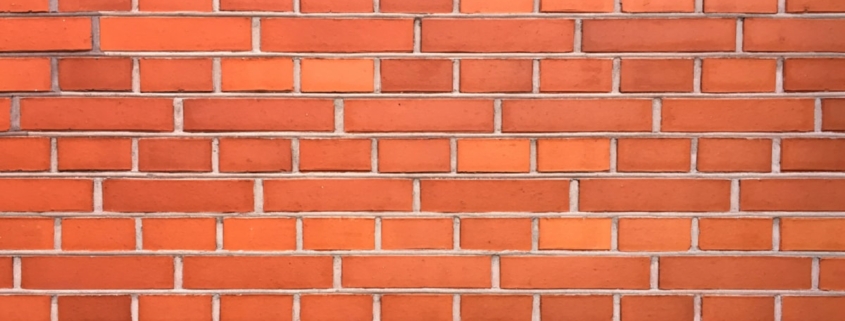Innovations in Construction: A Closer Look at 3D Printing 6930
The rapidly evolving construction industry of the 21st century, heavily influenced by integrated technology and a shift towards a more greener future. Technological Advancements and sustainable construction practices are the leading trends set to shape the future of the industry.
Construction, traditionally seen as a labour-intensive industry, is now embracing artificial intelligence at an unprecedented rate. The adoption of these technologies is improving the efficiency and productivity of the sector. AI is one of the most transformative technologies, with its potential to automate complex tasks, reducing human error and increasing efficiency. Automated construction equipment can perform tasks such as bricklaying and concrete dispensing, which not only accelerates the construction process but also improves accuracy.
Moreover, BIM is another significant digital advancement in the industry. It allows for detailed 3D models of a project, offering a holistic view of the building before construction begins. This increases project management efficiency, reduces costs, and minimizes construction waste. Virtual Reality (VR) and Augmented Reality (AR) are also being utilized more frequently in construction, offering immersive experiences for project visualization, training, and safety demonstrations.
In parallel with these technological advancements, the construction industry is also adopting more greener practices. Green building, which was once a niche sector, has become a critical part of the construction industry. This trend reflects a growing global consciousness about the environmental impacts of construction and the industry’s role in climate change mitigation.
Cutting-edge materials such as green insulation are being used more frequently in construction. These materials not only reduce the environmental footprint of buildings but also offer significant cost savings over their lifespan due to their energy-efficiency. Furthermore, the design principles of sustainable architecture focus on improving energy efficiency, which contributes to reducing a building’s operational costs and environmental impact.
In conclusion, the future of the construction industry is set to be shaped by both digital transformation and a move towards a more greener approach. These trends are not only expected to enhance the efficiency and productivity of the industry but also contribute to a more sustainable future. As technology continues to evolve and sustainability becomes a greater priority, the construction industry must adapt to these changes and leverage these innovations to ensure its future success.
For more details, check best Flat Roofing Services Dublin or visit their Flat Roof Service business listing here.



